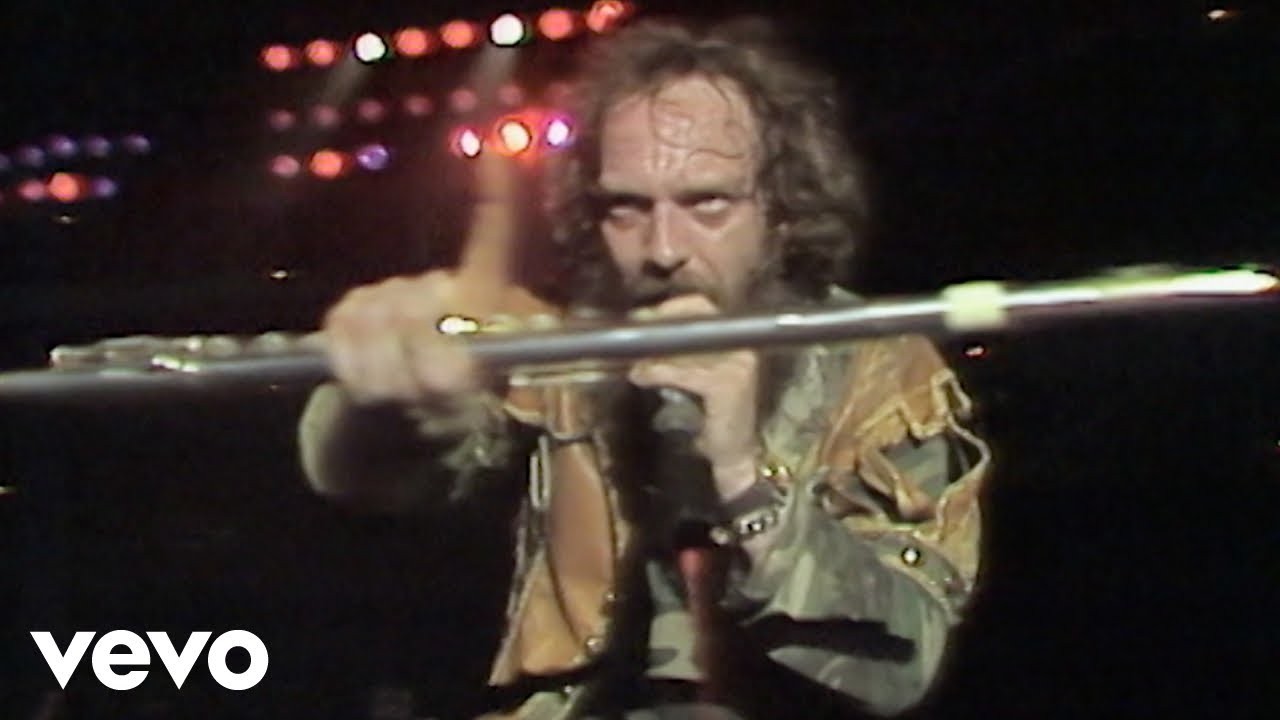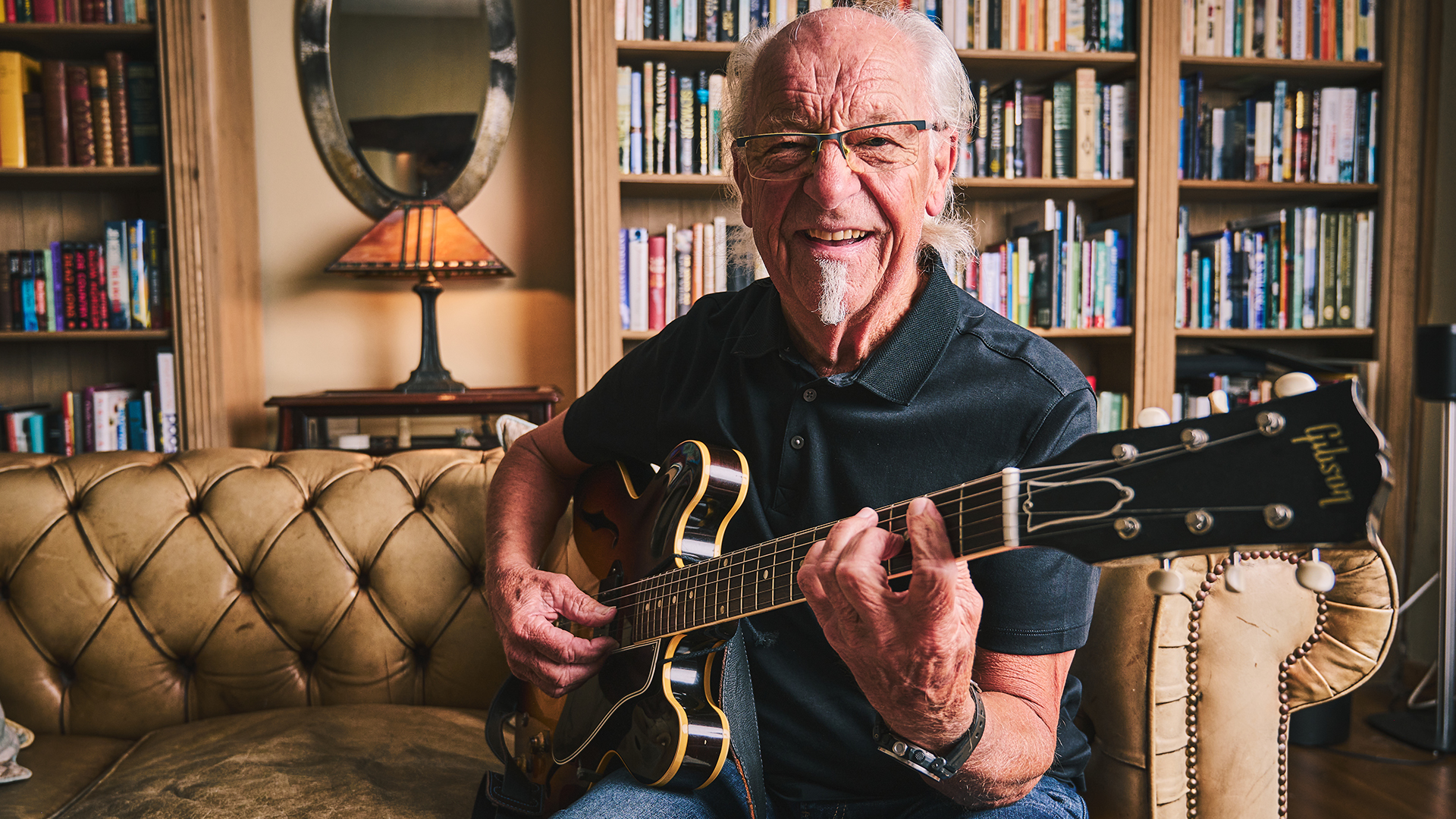For a guitarist adored by a score of rock royalty’s most prolific figures, Leslie West has rarely been recognized to the same extent as those in his fan club.
Eddie Van Halen loved the guitarist so much that he invited him to jam a Mountain song. Afterward, West said Eddie knew the tune better than he did. Even “Hot for Teacher” shows evidence of West’s influence.
Martin Barre can be considered part of that tribe, and he’s spoken about how West’s DNA is all over one of the brightest moments of his career.
But it wasn’t just West’s approach to the instrument that inspired Barre. The gear West used, his songcraft and his larger-than-life character are all imprinted onto a guitarist two years his junior.
As it turns out, Barre and company tracked their hit 1971 album, Aqualungin the wake of a tour with West’s band Mountain. Poignantly for Barre, the reverberations of that tour were still being felt.
“I’d met Leslie West, and like a lot of guitar players, you couldn’t meet Leslie West and come out unscathed,” Barre says in conversation with Guitarist. “I loved him to bits. I loved his playing, I loved his presence. And I loved Mountain.”
West’s weapon of choice was, more often than not, a Les Paul Junior, although he was partial to a Gibson Flying V. But it was his penchant for the Les Paul’s more streamlined younger brother that caught Barre’s eye, especially considering that his pre-Aqualung axe was an off-brand Les Paul. When that guitar met an unfortunate end, Barre took his hero’s lead.

“I left it in a car one summer’s day, and when I came back, it was like a banana!” he says of the bootleg electric’s forced early retirement. “So like a lot of people, I bought a Gibson Les Paul Junior because Leslie had one.
As a result, he says Aqualung was recorded with “a ’58 Les Paul Junior, and I still had my Hiwatt, and I had a really tasty 58’ Fender Strat. It was simple — no pedals, nothing. Just a guitar into the amp, and off you go.” Just as West would have it.
Barre says Tull’s time touring with Mountain was hugely instructive. “Everything about them was a learning curve,” he says of Mountain, almost still in awe. “Not just the guitar playing but everything about their arrangements.”

He was, of course, particularly tuned into West’s guitar work. West’s leads and solos have always been finely tuned, but it’s the articulation with which he executes them that so often has the likes of Barre and Pete Townshend singing his praises. Discussing his picking techniques with Guitar Player years ago, West revealed one of his secrets.
“When I use a pick — and I use one most of the time — I try to bury it between my thumb and my first finger and just let a little bit of the corner stick out,” the Mountain man said. “I can make a string jump harmonics that way. Albert King does that without using a pick; he uses his thumb.
It’s a trick most clearly heard in the very last note of the track “Theme for an Imaginary Western,” from the group’s album Climbing!
As for Jethro Tull, they needed Aqualung to be a hit — and it was, which is why Anderson counts its title track as the most important song the band has ever cut.
“It would either be the next step up or it would be the beginning of a decline, he told Classic Rock. “I was sure that things were not just going to stay the same.”
Barre’s solo on the title track and its other heavy hitter, “Locomotive Breath” — the only song that saw Ian Anderson play a Les Paul — did the record no harm either. It stands, inadvertently, as a subtle love letter to a guitarist’s guitarist.
GIPHY App Key not set. Please check settings